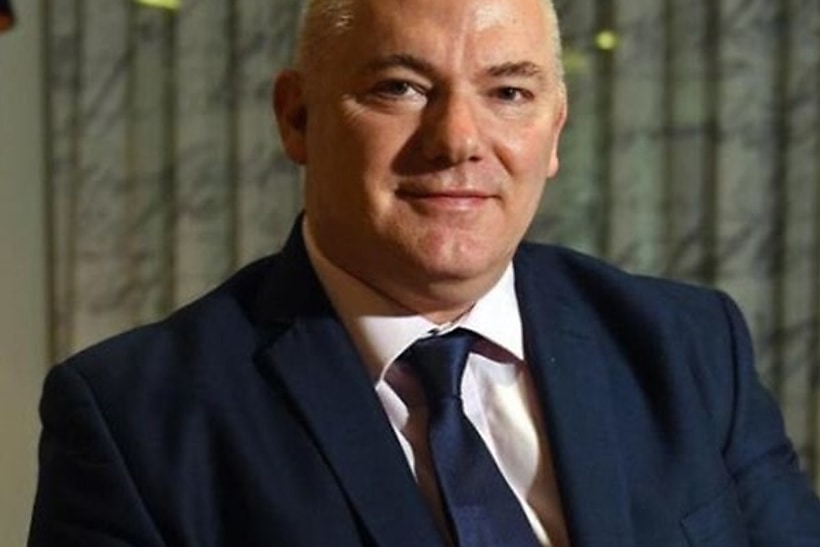
The financial planning profession is built on a foundation of technical expertise, intricate theories and carefully calculated strategies. However, technical proficiency alone is no longer sufficient in today’s dynamic advisory environment.
As the industry evolves, the spotlight has shifted to an equally important, yet often overlooked dimension – soft skills. These are the human-centric skills that enable financial advisers to communicate effectively, build trust and position their expertise in ways that resonate with clients and their wider network of stakeholders.
Nowhere is this gap between technical theory and practical application more evident than in business insurance planning, particularly when discussing key person insurance and succession planning. Many advisers understand the technical framework of these concepts, having had many training sessions on product theory, however, struggle to navigate the nuanced conversations needed to position them effectively during client meetings.
The challenge isn’t about knowing the product, it’s about understanding how to deliver its value proposition in a way that connects with business owners and their accountants, often the most trusted advisers in a client’s financial ecosystem.
The challenge of positioning business insurance
Key person insurance and succession planning are critical tools in mitigating business risks and ensuring long-term sustainability. Advisers are often well-versed in the mechanics: calculating the value of a key person, structuring policies to protect business continuity and crafting succession plans to manage the transfer of ownership. However, translating this knowledge into a compelling conversation that drives action is a different skill entirely.
And this is where a significant theory to practical application gap exists across the financial planning world with many presenters demonstrating the parameters of soft skills and product theory, however, stopping short on how to practically apply soft skills conversations with business owners and accountants, hence the challenge for many advisers that would love to put the theory into practice.
Bridging this gap requires more than technical expertise – it demands empathy, communication and strategic positioning techniques so that the adviser can acclimatise themselves to this type of positioning with business owners and their accountants.
Advisers need the tools to bridge the gap between theory and practice to they can lead meaningful conversations that inspire confidence and action.
Key areas for advisers:
1. Understanding the client’s perspective
Advisers need to listen actively and empathise with the unique challenges faced by business owners. This involves reframing technical concepts like key person insurance into relatable scenarios, helping clients visualise the tangible benefits for their business and families.
2. Collaborating with accountants
Accountants are often the gatekeepers of a business client’s financial decisions. Building strong relationships with these professionals is vital, ensuring they understand how insurance solutions complement their financial strategies. This collaborative approach not only enhances credibility but also creates a united front in presenting solutions to clients.
3. Mastering the art of storytelling
Data and logic may inform decisions, but stories drive them. Advisers can use storytelling to illustrate the real-life impact of not addressing key person or succession risks. By weaving narratives that resonate emotionally, advisers can inspire clients to act with urgency and clarity.
Closing the gap
Soft skills are no longer optional in financial planning – they are essential. Whether its positioning advice fees, fee for service or going deeper in neuroplasticity and training advisers and financial services staff to become more professional in their client interactions, bridging the gap between understanding technical theory and positioning that knowledge in client meetings is critical for advisers who want to elevate their practice and truly serve their clients’ needs.
By embracing training in communication, collaboration and storytelling, advisers can turn technical expertise into transformative conversations.
Tony Beaven, managing director at the Guild of Ethics, Culture & Leadership
Never miss the stories that impact the industry.